
Brain and Behaviour Lab
Equipment
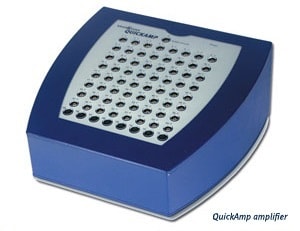 |
QuickAmp EEG We have a BrainProducts QuickAmp (32- or 64-channel) for recording of EEG. Testing takes place in a sound-attenuated and electrically-isolated chamber. For information about conducting EEG research at the Brain and Behaviour Lab please contact the Lab Manager. |
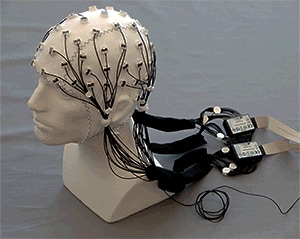 |
actiCAP EEG Electrode Cap The actiCAP system uses Ag/AgCl active-electrodes that contain a built-in amplifier. This boosts the EEG signal prior to sending it to the amplifier, thereby reducing the effect of noise interference in the lead. Each cap contains 32-channels, but can optionally be combined to provide a 64-channel recording. |
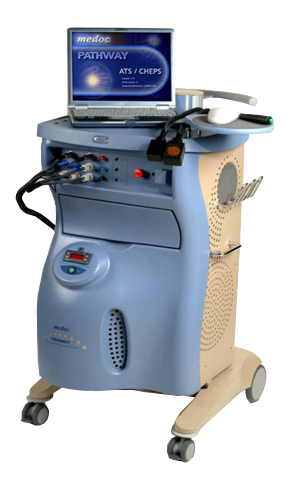 |
Pathway ATS & CHEPS An advanced Quantitative Sensory Testing (QST) stimulator for evaluating nerve impairment in clinical, research, and pharmacological studies. The ATS delivers painful and non-painful stimuli at a temperature range of 0ºC to 55ºC (expandable to -10ºC to 55ºC) with heating and cooling rate of up to 8ºC/sec. CHEPS deploys an extremely rapid heating rate of 70°C/sec and cooling rate of 40°C/sec , to deliver pain stimuli within temperature range of 30°C to 55°C in less than 300 milliseconds. These are considered state of the art for assessing pain. |
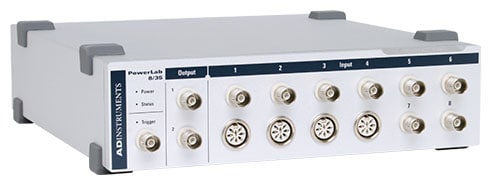 |
Powerlab This is a 8-channel ADInstruments Powerlab 35, which can be used to record a variety of electrophysiological signals such as EMG and EKG. We also have GSR and EOG pods as well as a stimulator. A technical manual for the PowerLab is available here. |
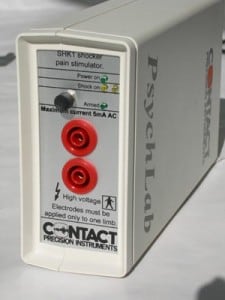 |
Psychlab Shocker The Psychlab Shocker is an electrical pain stimulator for use in stress tasks or as UCS in conditioning experiments, etc. Shocks can be delivered in the range of 0.1mA to 5mA, the maximum of which is painful for most people. The device is current regulated, such that the same shock level is experienced regardless of variation in electrode contact. The device has several safety features in addition to being optically isolated. |
Our people
Academic researchers
- Associate Professor Ben Colagiuri
- Associate Professor Irina Harris
- Professor Justin Harris
- Dr Evan Livesey
Post-Doctoral Researchers
- Dr. Nicolas Mcnair (Lab Manager)
- Dr. Kirsten Barnes
- Dr. Dominic Tran
- Dr. Gareth Roberts
Students
- Joshua Berger
- Luca Blumhardt
- Jonas Chan
- Julie Chow
- Nahian Chowdhury
- Jonathan Davies
- Justine Greenaway
- Oscar Kovacs
- Christoph Werner
Alumni & Former Members
- Dr Hilary Don
- Dr Dorothy Kwok
- Dr Jessica Lee
- Dr Annabelle Lee Cheong Lem
- Dr Llew Mills
- Dr Veronica Quinn
Opportunities
For information about opportunities to work or collaborate with us, contact Professor Justin Harris via Research Supervisor Connect.
